Lincoln Park Solar Garden
Here you’ll find the story behind the Lincoln Park Solar Garden and information on upcoming programming.
The Lincoln Park Solar Garden, completed in 2020, is a 40-kilowatt solar array at the northeastern entrance to Lincoln Park. It is Duluth’s first community-owned, low-income solar project. The power from the array benefits the Duluth Veterans’ Place, a transitional housing project by the Minnesota Assistance Council for Veterans, and provides long-term funding for an Eco3 Energy Fund to help families make their homes more energy efficient.
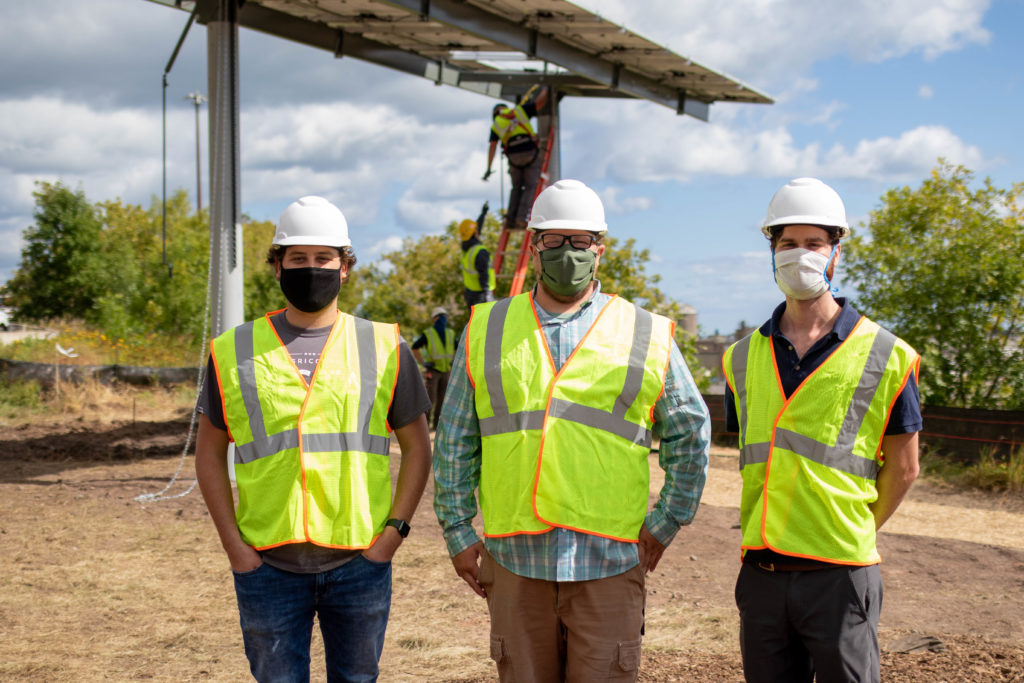
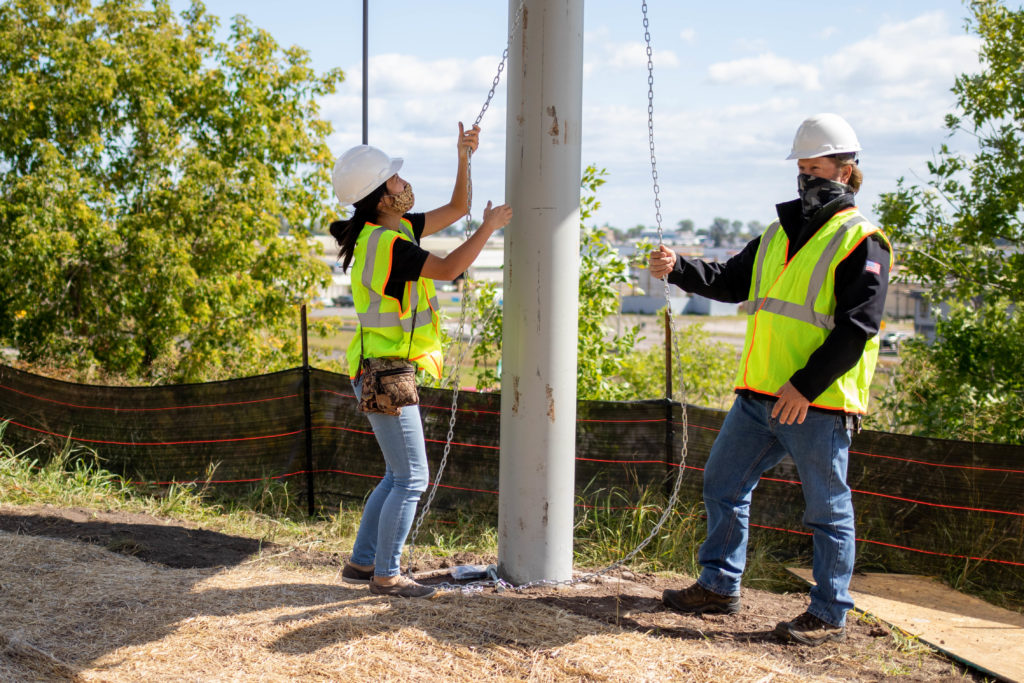
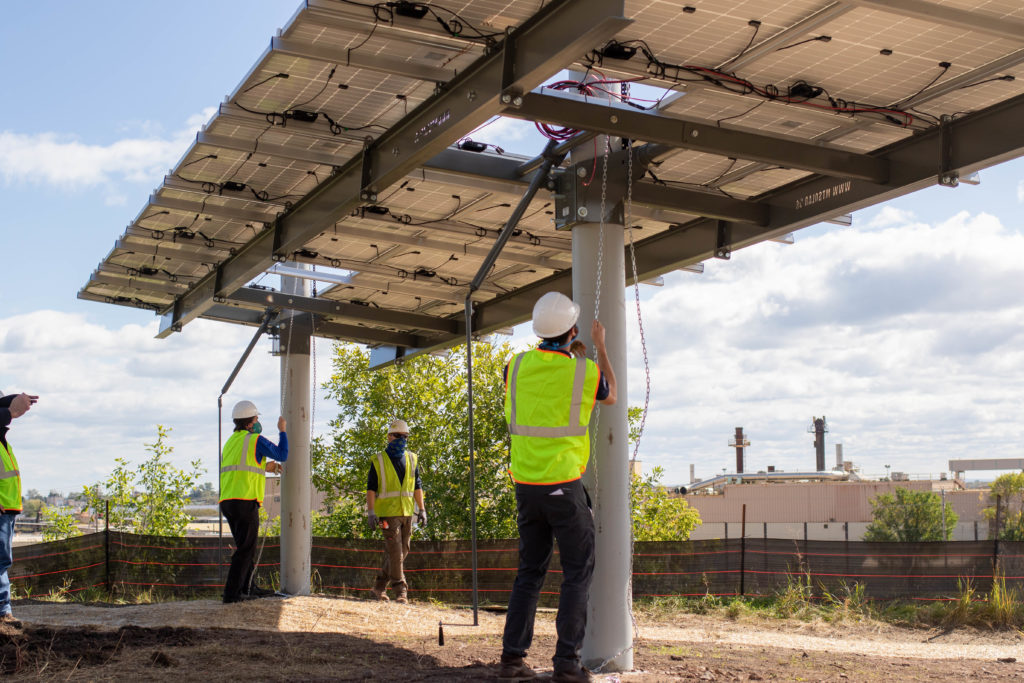
2021 Design Series
Read about the four public design workshops we hosted for Lincoln Park community members
As built, the solar array stands 12 feet above the ground, which presents the opportunity to co-create a variety of community amenities at the entrance to the Lincoln Park neighborhood, along West Michigan Street. Thanks to funding from the NOAA’s Office of Coastal Management and the Minnesota DNR, our team engaged with community members through a series of workshops focused on gathering input for the future design of the Lincoln Park Solar Garden. Between May and September 2021, we hosted four workshops that touched on a variety of topics, including history, culture, climate adaptation, water, transportation, and biodiversity. You can find more details about the process and results of these workshops, as well as learn about some of the topics discussed, by visiting the Lincoln Park Solar Garden Design Series webpage linked below.

Saturday, May 22 2021

Thursday, June 24 2021

Wednesday, July 28 2021

Saturday, September 25 2021
***All workshops and corresponding marketing materials were prepared by Ecolibrium3 using federal funds under award NA20NOS4190088 from the Coastal Zone Management Act of 1972, as amended, administered by the Office for Coastal Management, National Oceanic and Atmospheric Administration (NOAA), U.S. Department of Commerce provided to the Minnesota Department of Natural Resources (MNDNR) for Minnesota’s Lake Superior Coastal Program. The statements, findings, conclusions, and recommendations are those of the author(s) and do not necessarily reflect the views of NOAA, the U.S. Department of Commerce, or the MNDNR.
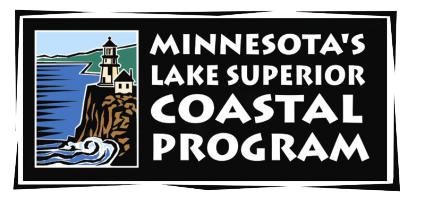

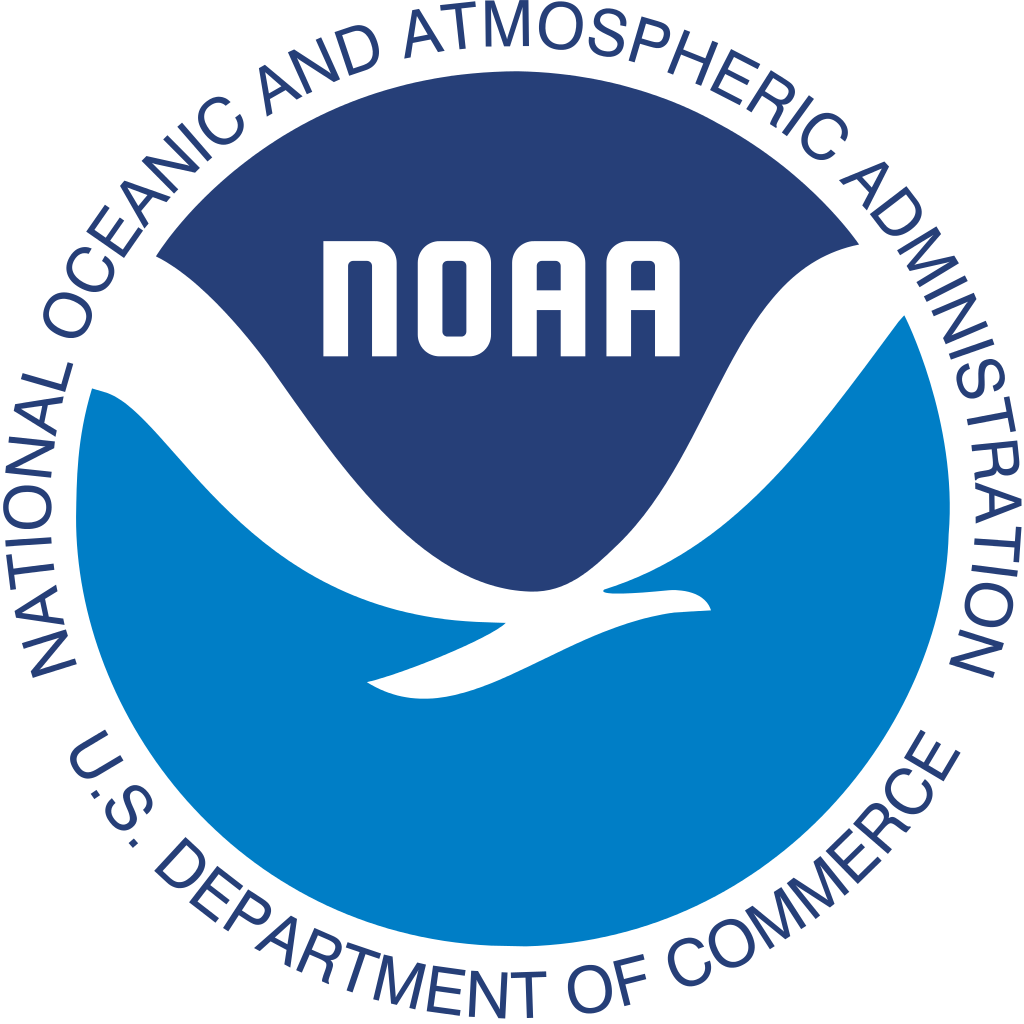
Looking for something else?
Check out our other work with solar energy around the community!

Duluth Shines! Solar Map
The Duluth Shines! Solar Map allows residents and businesses to see how much rooftop solar energy could be produced on their buildings.
Ecolibrium3 can assist you on using this tool for a free solar assessment!
Find Out the Latest
Updates and blog posts related to the Lincoln Park Solar garden
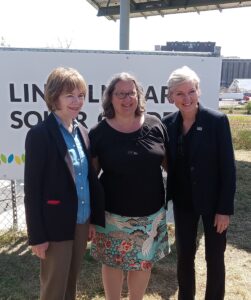
Local Energy Projects Draw National Attention
In the last days of August, there was a buzz of activity at the Lincoln Park Solar Garden.
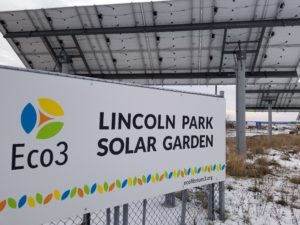
2022 Lincoln Park Solar Garden Year in Review
See how much energy the Lincoln Park Solar Garden produced in 2022!
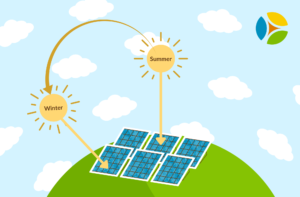
It’s Tilt Time at the Lincoln Park Solar Garden
It’s solar panel tilt time at the Lincoln Park Solar Garden to maximize energy production.
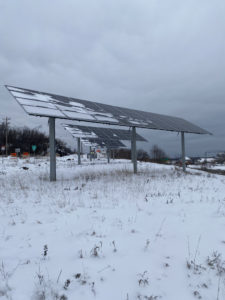
2021 Lincoln Park Solar Garden Recap
Overview of the energy production, social, and environmental impact of the Lincoln Park Solar Garden in 2021.
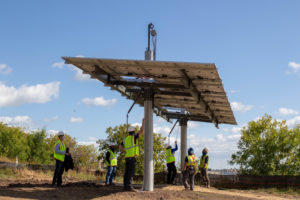
You’re Invited: A Solar Celebration!
Ecolibrium3 is happy to announce the completion of the Lincoln Park Solar Garden! After years of dreaming, fundraising, and developing, we are proud to unveil
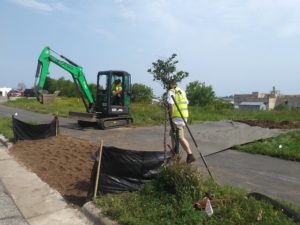
The Lincoln Park Solar Garden Breaks Ground!
We’ve officially broken ground at the site of the Lincoln Park Solar Garden! After a year of development, the 40-kilowatt array will be installed over